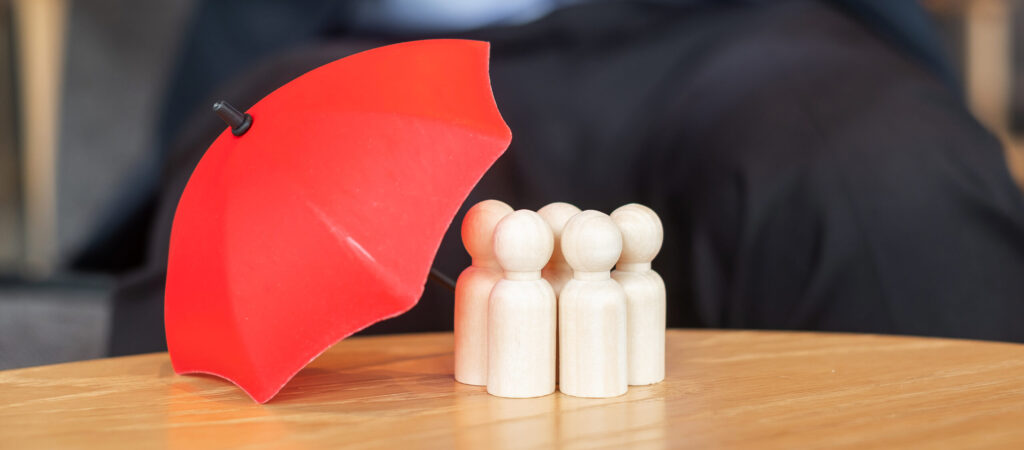Reading Time: 4 minutes

Trust in Business Is the Real Brand Strategy
Every business today is in a silent competition for trust.
Your competitors can copy your products, pricing, or even your marketing message — but they cannot replicate how your clients feel when they work with you.
That emotional experience, that sense of reliability and safety, is the true differentiator.
Think of Dubai: The city has mastered the art of attracting attention with its skyline, luxury, and speed. But beneath that glamour is an infrastructure of trust — security, reliability, and predictable quality. People invest in Dubai because they trust its system, not just its beauty.
Trust in business isn’t built through slogans; it’s built through consistency, integrity, and transparency.
When a client can predict your behaviour and depend on your promises, trust compounds — just like interest in a bank savings account.
The Great Divide Between Attention and Retention
In today’s noisy marketplace, attention has become a currency. Businesses invest heavily to be visible through ads, influencers, funnels, and social media campaigns. Yet, despite all that noise, retention remains the real profit zone.
The truth is: marketing attracts attention, but trust in business builds retention.
In Lagos, I once worked with a professional services firm that had perfected the art of marketing. Their ads were polished, their website sleek, and their messaging compelling. But every few months, they had to run another campaign to refill a leaking pipeline.
Why…?
Because clients came for the offer, but didn’t stay for the experience.
Attention is a spark — it ignites interest.
Trust is the fuel — it sustains the flame.
Lessons from Lagos, Mumbai, and Beyond
-
-
In Lagos, business deals often begin with cautious optimism. Everyone wants proof that promises will be kept. The firms that thrive are those that make fewer promises but keep every one.
-
In Mumbai, relationships drive everything. A handshake often carries more weight than a signed contract. There, trust is not just emotional, it’s economic capital.
-
In UAE, investors seek reliability. You don’t win them with pitches; you win them with credibility. For example, the city of Dubai itself is a brand built on global trust.
-
In the USA, companies like Apple and Patagonia don’t compete on advertising noise; they compete on values. They’ve earned loyalty through honesty, social proof, and long-term consistency.
-
These examples show one universal truth: trust in business is borderless. It’s the most scalable asset any professional entrepreneur can own.
The Authority Amplifier: Turning Trust into Business Growth
In my Authority Amplifier Coaching Framework, I teach that business growth doesn’t start with marketing tactics; it starts with trust positioning.
To retain clients and build influence, you must amplify your authority through three trust-based lenses:
1️⃣ Clarity of Promise
Be specific about what you offer, and deliver that with excellence.
Clients trust what they can understand.
2️⃣ Credibility of Practice
Show proof of consistency. Every client interaction either deposits or withdraws from your trust account.
3️⃣ Character in Leadership
Your team mirrors your integrity. In professional service firms — from law, accountancy to consulting — the leader’s character sets the cultural tone that clients feel.
When you consistently show up with clarity, credibility, and character, marketing becomes easier because your clients start doing it for you.
Trust in Business Is the New Marketing
Traditional marketing says: “Get attention, and make the sale.”
Trust-based marketing says: “Earn belief, and build relationships.”
The lesson is that: Attention fades; Trust compounds.
A Lagos law firm once told me, “They didn’t choose us because of our proposal. They chose us because we made them feel safe.”
That’s what trust does: it replaces paperwork with partnership.
Your marketing can win the crowd, but only trust in business can win hearts, referrals, and long-term growth.
The Future of Trust-Based Growth
As the world shifts toward AI, automation, and digital relationships, trust will become a scarce commodity of the future.
Clients will no longer stay loyal because you’re the cheapest or fastest, they’ll stay because they feel seen, valued, and secure.
In the next decade, brands and leaders who humanize trust in business will dominate their industries. Whether in Lagos, Dubai, Mumbai, or Los Angeles, the equation will remain the same:
Marketing wins attention. Trust wins retention. Authority sustains growth.
How to Move from Attention to Retention
Here are three trust-building principles for today’s professional leaders and entrepreneurs:
1. Lead with Integrity, Not Intensity
Many mistake visibility for value. Being everywhere doesn’t make you trusted; being reliable does.
The Lagos accountant who quietly delivers accurate, timely results will outlast the one with the loudest campaign.
Integrity, not intensity, is what sustains business growth.
2. Create Consistent, Human Experiences
Trust thrives on predictability. When clients know what to expect every time, confidence grows.
Whether you’re in Mumbai or Maryland, consistency is your silent marketing advantage.
Practical tip: Standardize your follow-ups. Never make a client chase updates.
As I say in Unlock the Trust Code, “If clients have to remind you, you’ve already lost trust.”
3. Build Relationships, Not Transactions
In trust-based leadership, contracts are not the end — they’re the beginning.
A Dubai law firm partner once told me:
“Our goal isn’t to close contracts; it’s to open relationships.”
That’s the mindset that turns clients into advocates.
Final Thought
If your marketing feels harder every year, it’s not because your ads stopped working. It’s because your audience has stopped believing you.
→ Rebuild your belief system.
→ Lead with trust.
→ And watch your business shift from chasing clients to keeping them for life.

